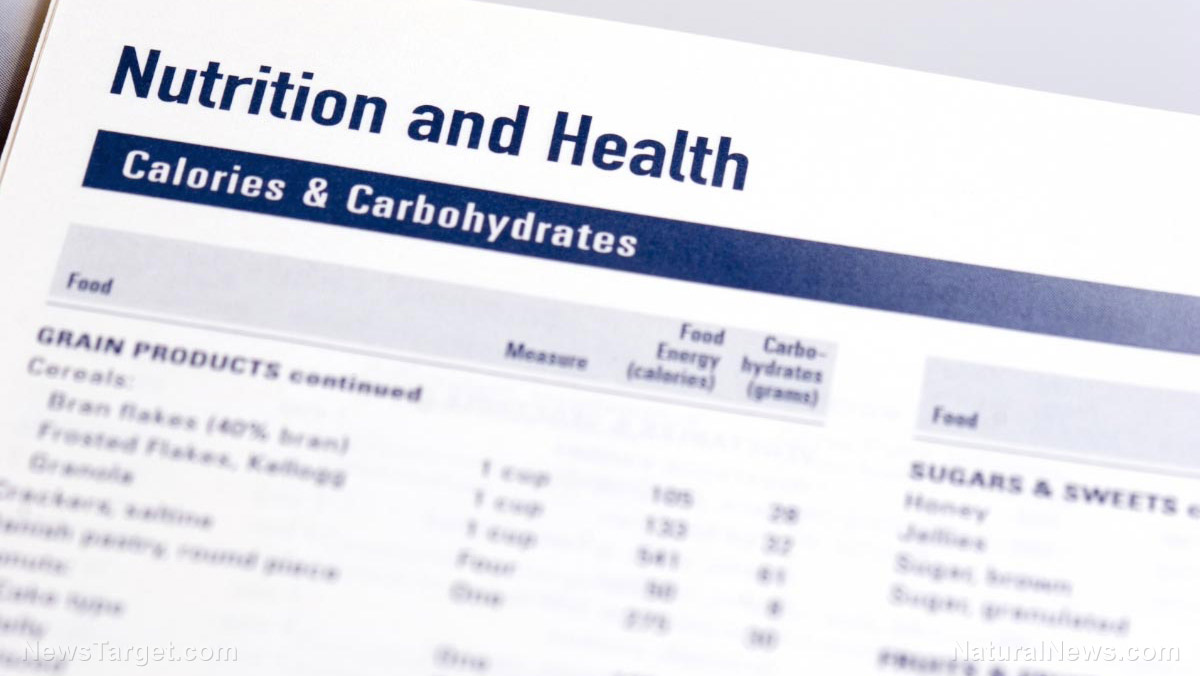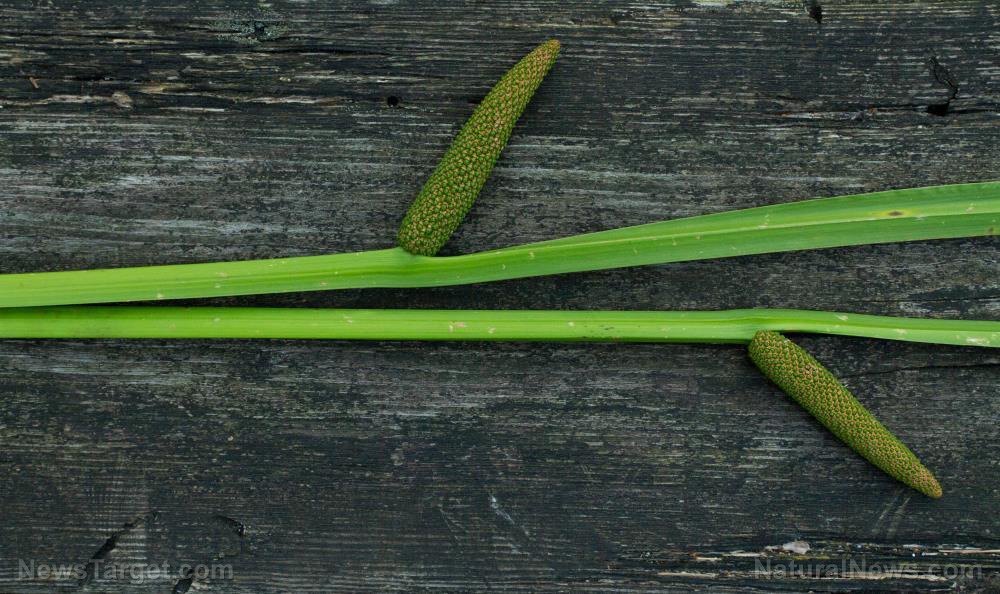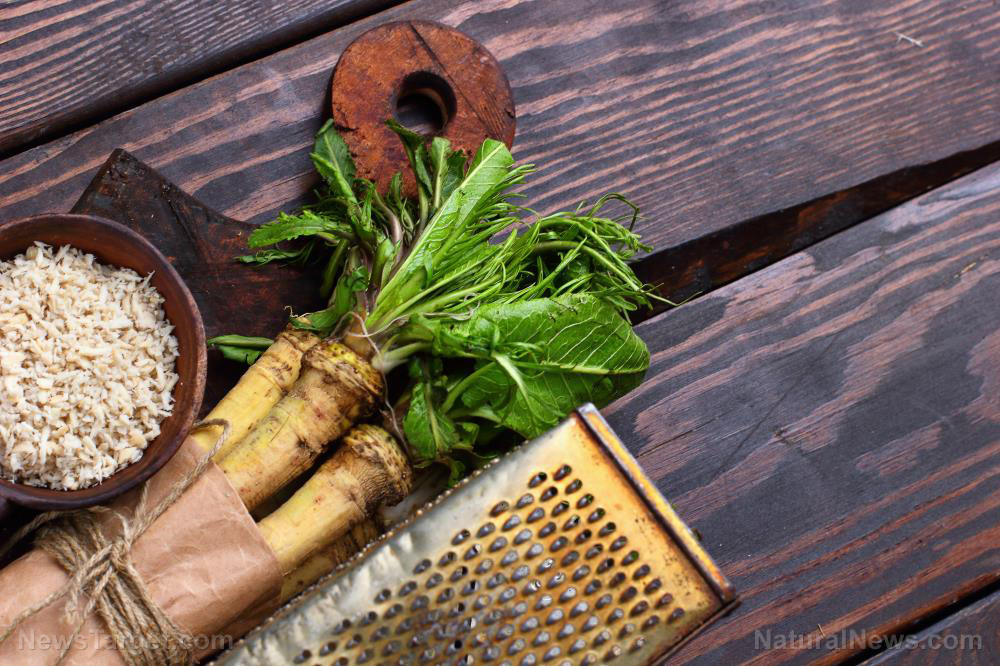Reduce inflammation in the gut with the “fasting-mimicking” diet
11/26/2019 / By Edsel Cook

Patients with inflammatory bowel disease (IBD) and other inflammation-related conditions may consider taking up a low-calorie eating pattern. In particular, they could take one that simulates fasting. Researchers report that such a fasting-mimicking diet may help prevent inflammation and improve gut health.
In mice models of IBD, the fasting-mimicking diet encouraged the growth of good gut bacteria. The beneficial microbes helped reduce inflammation in the intestines and improved the number of intestinal stem cells.
A separate human clinical trial showed that the diet produced anti-inflammatory effects. The results of the two studies suggest that the fasting-mimicking diet might help manage IBDs.
Conducted by researchers at the University of Southern California (USC), the study put together an eating pattern that consisted of a healthy diet and fasting. The dietary pattern contained functional foods like nuts, olive oil and vegetables. Meanwhile, fasting exerted beneficial effects on aging, inflammation and healing.
USC researcher Valter Longo reported that the fasting-mimicking diet successfully reduced inflammation. It also helped alleviate the symptoms and conditions of intestinal diseases.
Study author Longo explained that occasionally taking up a low-calorie diet with plant-based foods tricked cells into behaving as they did during fasting. (Related: Skipping meals: Study says fasting can boost brain health, increase weight loss.)
Fasting is good for the health, but a fasting-mimicking diet is better
Longo and his USC colleagues held human clinical trials where participants got restricted to a daily intake of 750 to 1,100 calories for five days. The diet maintained certain proportions of carbohydrates, fats and proteins.
At the end of the tests, the participants displayed lower risks of dangerous diseases.
“Fasting is hard to stick to and it can be dangerous,” he explained. “We know that the fasting-mimicking diet is safer and easier than water-only fasting, but the big surprise from this study is that if you replace the fasting-mimicking diet, which includes prebiotic ingredients, with water, we don’t see the same benefits.”
In their newest study, the researchers placed mice on a fasting-mimicking diet for four days. The animals received 50 percent of their usual caloric intake on the first day and 10 percent for the rest of the trial. Another group consumed only water for two days.
They found that the fasting-mimicking diet improved some symptoms linked to inflammatory bowel diseases. It also reversed other issues connected with inflammation.
Meanwhile, the water-only fasting group did not achieve the same level of health benefits. The USC researchers thought that the fasting-mimicking diet contained nutrients that supported the good bacteria and anti-inflammatory processes.
A low-calorie, plant-based diet may help treat human inflammatory bowel diseases
“We’ve determined that the dietary components are contributing to the beneficial effects,” explained Longo. “It’s not just about the cells of the human body but it’s also about the microbes that are affected by both the fasting and the diet.”
His research team noted that the fasting-mimicking diet activated stem cells. It also prompted the colon and small intestine to start the process of regeneration.
They theorized that fasting got the body ready to heal itself. However, re-feeding supplied the right materials to repair cells and tissues.
Further, the USC researchers compared the C-reactive protein (CRP) levels of participants in both old and new experiments. They showed that the fasting-mimicking diet brought CRP concentrations back to normal.
The dietary pattern also undid the excessive release of white blood cells associated with high levels of inflammation. The outcome of the mice and human trials showed that the fasting-mimicking diet might offer an effective way to treat human IBDs.
Around 1.6 million Americans suffer from Crohn’s disease, ulcerative colitis and other inflammatory bowel diseases. Longo’s team plan to test fasting-mimicking diet cycles on intestinal inflammation linked to IBDs.
Sources include:
Tagged Under: anti-inflammatory diets, fasting, fasting-mimicking diet, food cures, food is medicine, functional food, good gut bacteria, gut health, inflammation, nutrients, plant-based diet, prevention
RECENT NEWS & ARTICLES
COPYRIGHT © 2017 PREVENTION NEWS




















